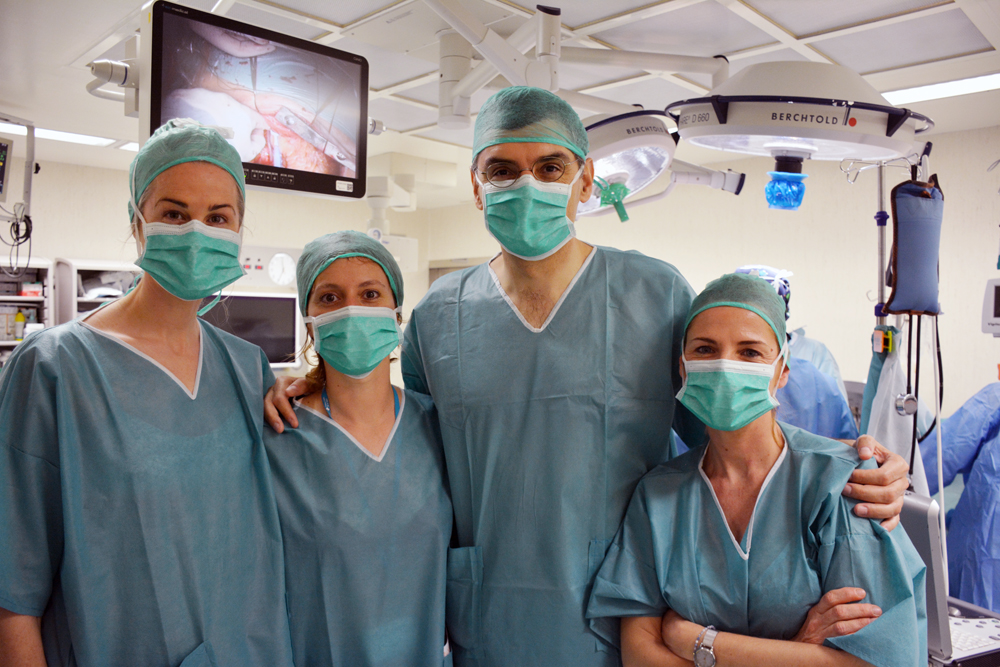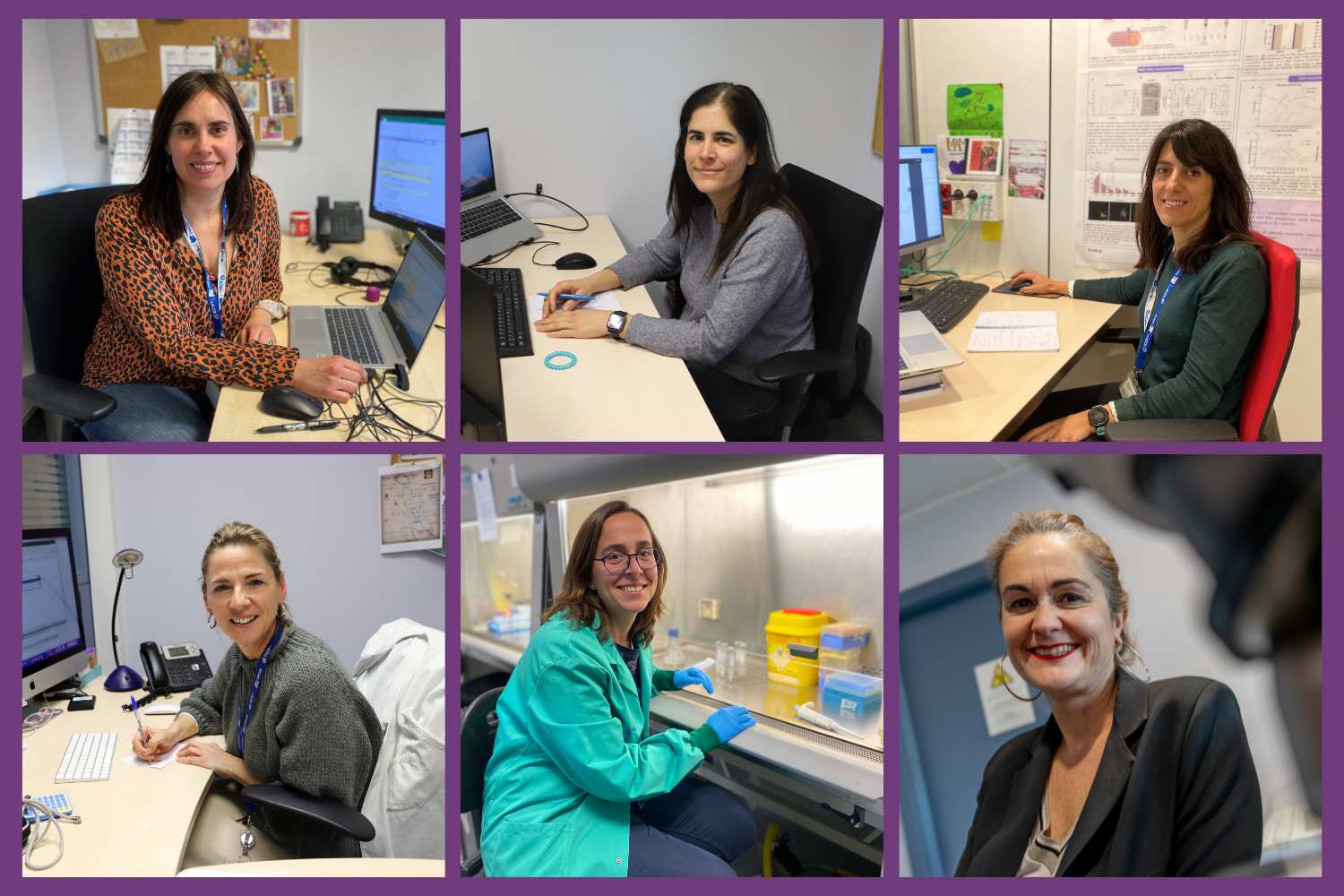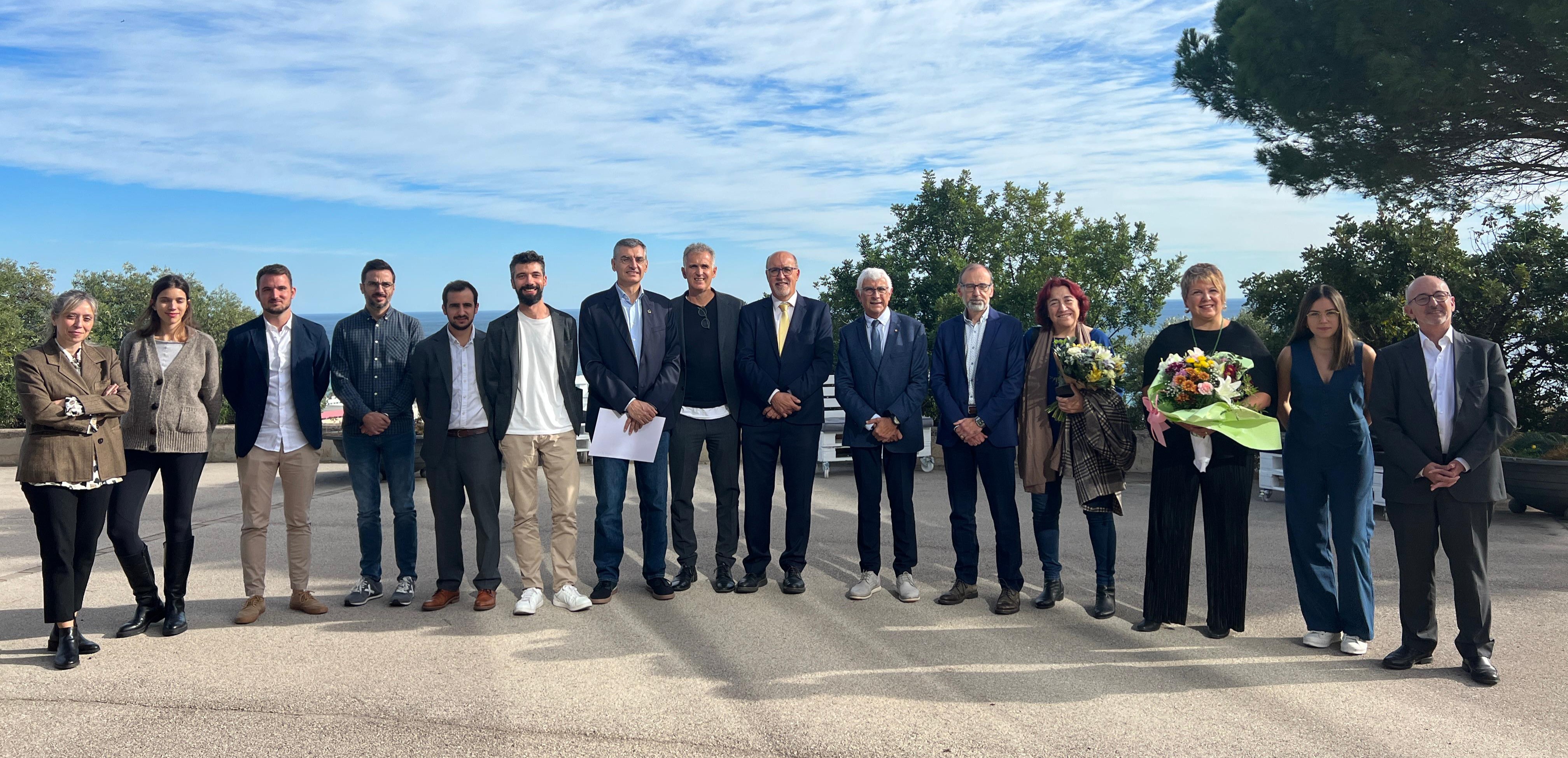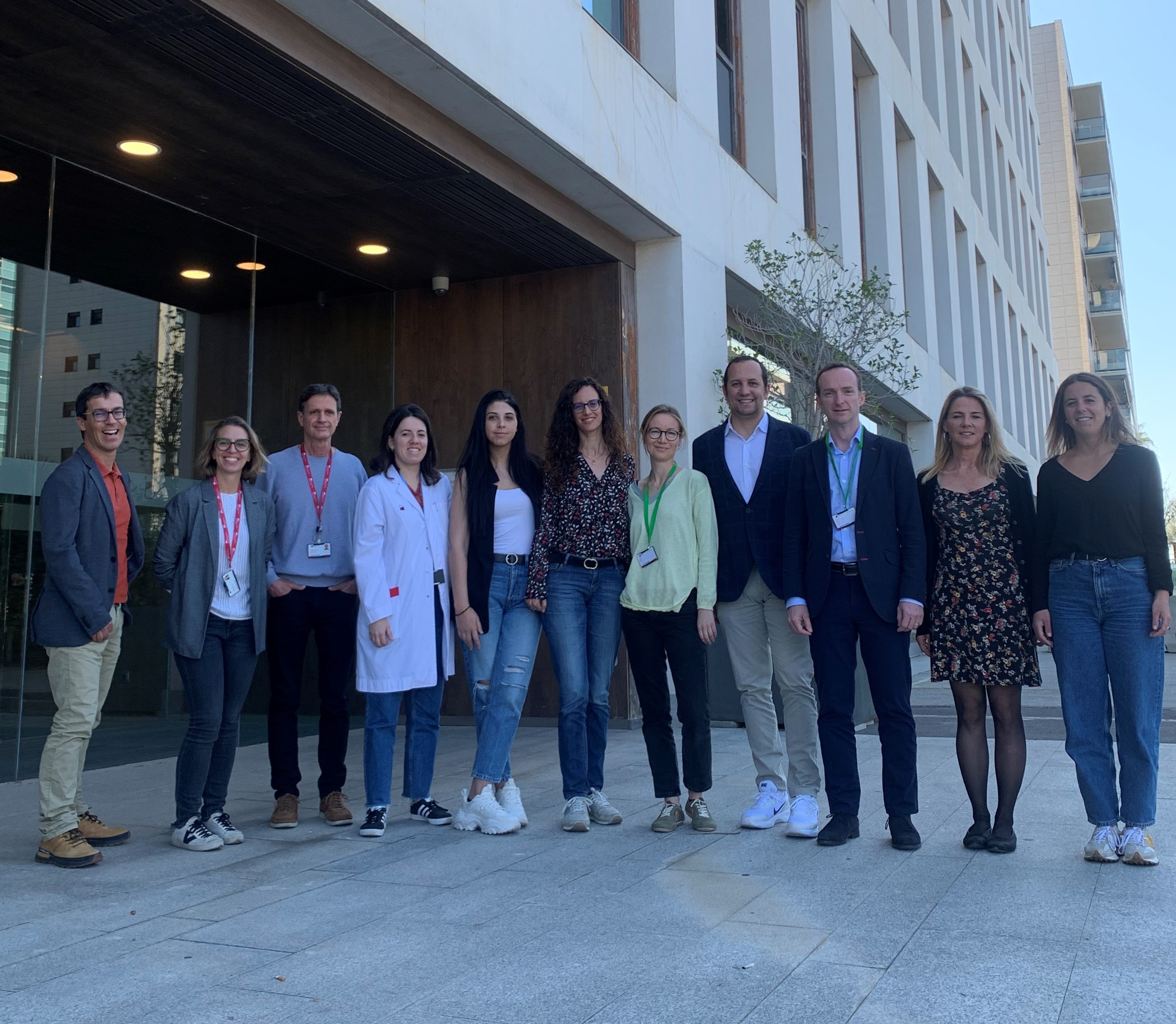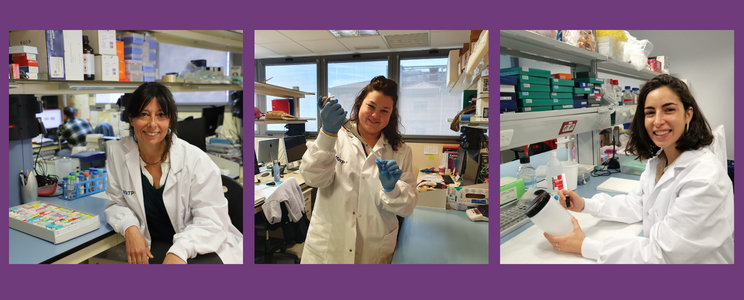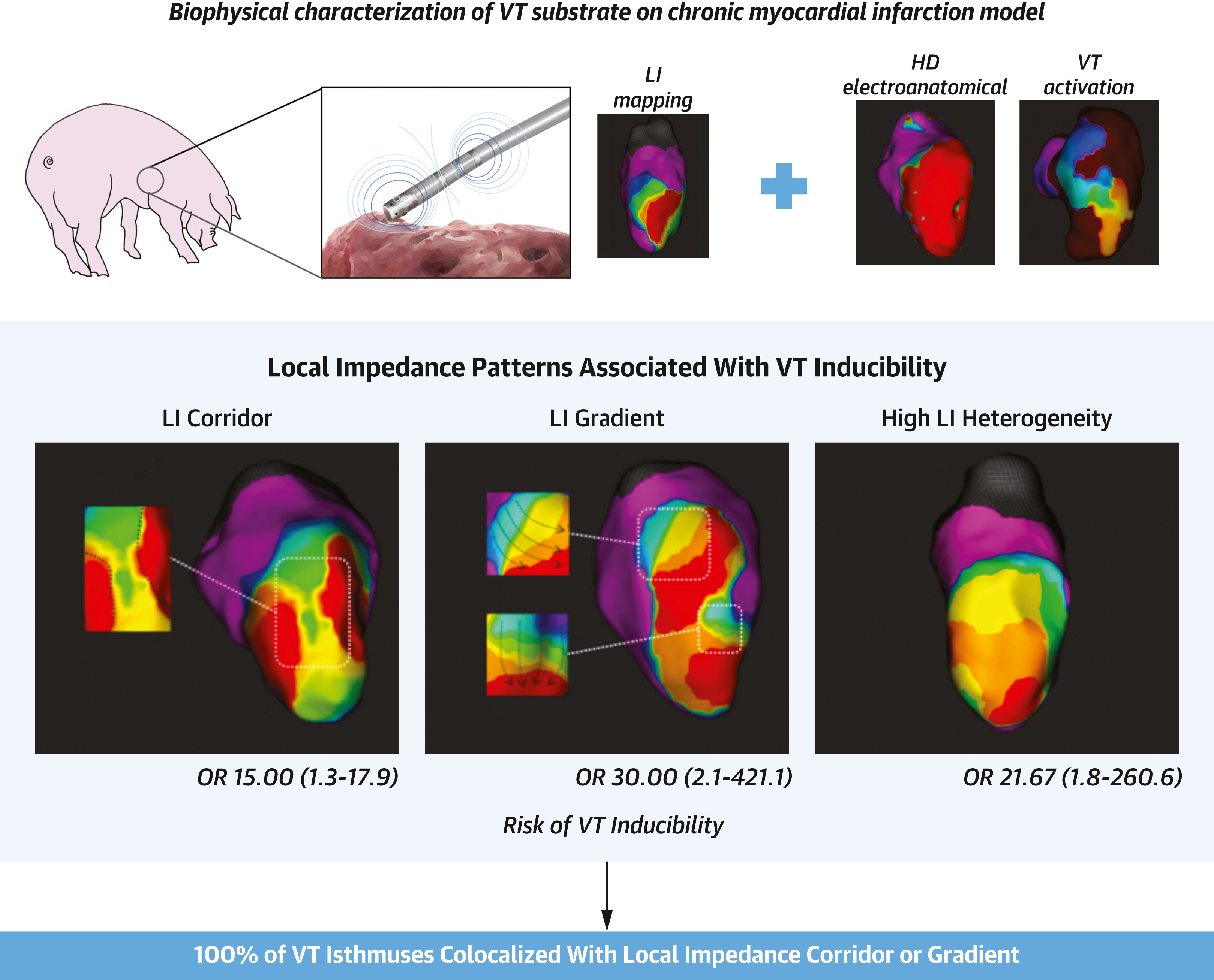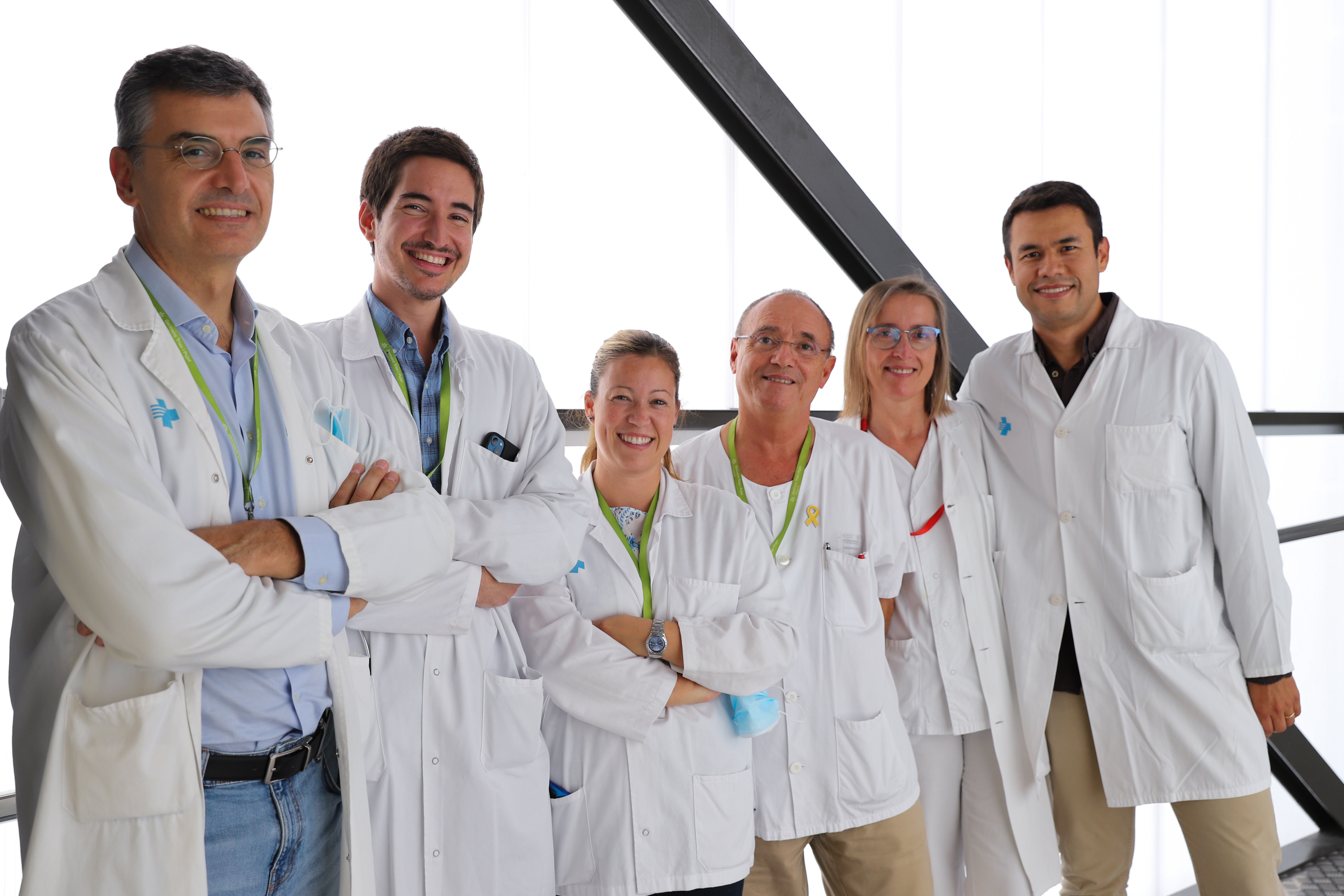Mitral valve repair via catheter offers better outcomes than pharmacological treatment in patients with heart failure
A new study, published in New England Journal of Medicine, has demonstrated the benefits of placing a clip on the valve instead of the usual medical treatment. The study includes the participation of Professor Antoni Bayés-Genís, principal investigator of the ICREC group and Director of the Heart Institute at Germans Trias Hospital.
_1725960548.jpg)

_1715606541.jpg)
